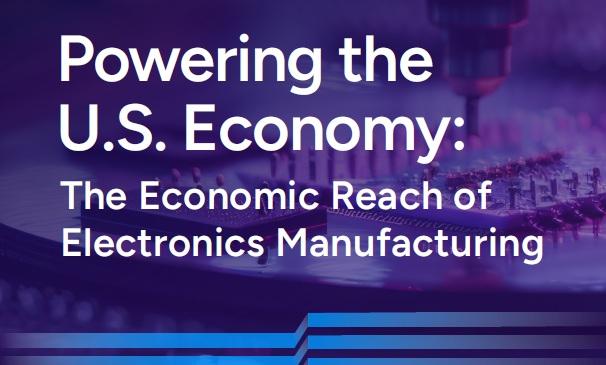Off-grid solar technologies creates more than just energy access – ESI-Africa.com
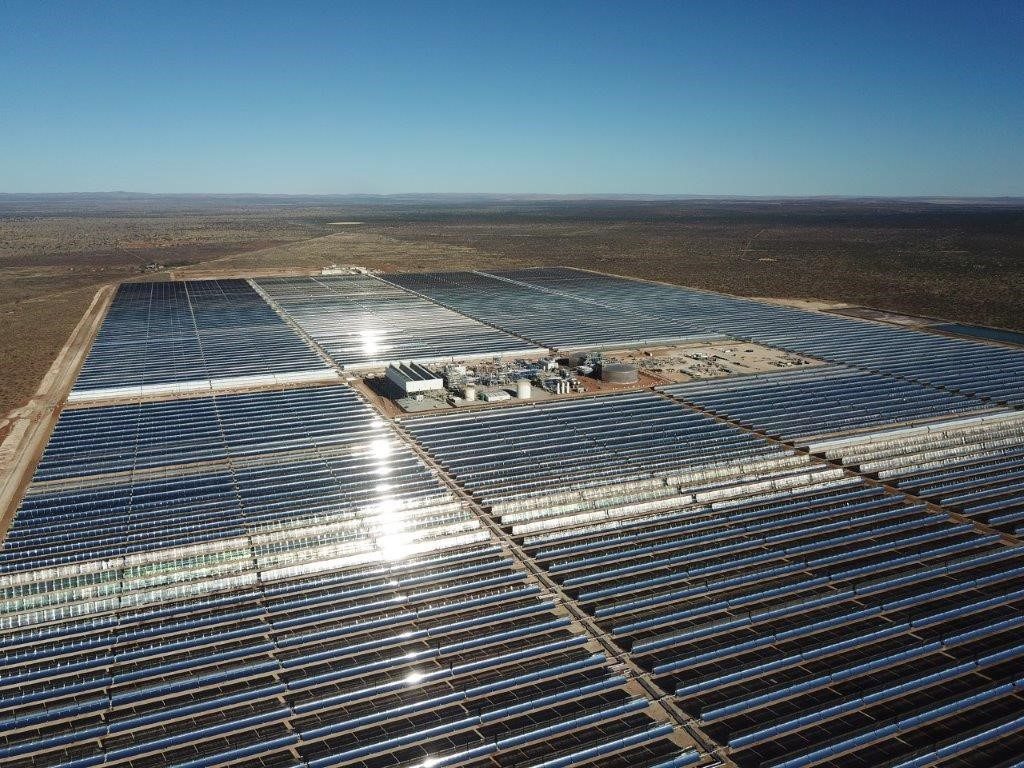
Report on the Off-Grid Solar Sector’s Contribution to Sustainable Development in Africa
Executive Summary
The off-grid solar sector is a critical enabler for achieving multiple Sustainable Development Goals (SDGs) across Africa. According to Sarah Malm, Executive Director of GOGLA, the global association for the off-grid solar industry, these technologies provide essential clean energy access, mitigate climate change, and unlock socio-economic benefits for millions. However, significant financial and policy challenges must be addressed to accelerate progress and close the continent’s energy access gap.
The Role of GOGLA in Fostering a Sustainable Market
GOGLA, representing over 200 companies, plays a pivotal role in creating a robust ecosystem for the off-grid solar market. Its core functions are designed to support sustainable growth and directly contribute to the framework of SDG 17 (Partnerships for the Goals). Key activities include:
- Advocacy and Representation: Serving as the collective voice for the off-grid solar industry.
- Data and Research: Acting as a primary source for industry data and reports to inform investment and policy.
- Standards and Consumer Protection: Establishing codes of conduct to ensure quality and protect consumers, building trust in the market.
- Policy and Regulation: Collaborating with national governments to create favorable policy environments, addressing issues such as import duties and VAT that impact affordability and operational success.
- Convening the Sector: Fostering collaboration and partnerships among members and stakeholders.
Direct Contributions to Sustainable Development Goals (SDGs)
The deployment of off-grid solar solutions, such as solar home systems, is a powerful driver for sustainable development, with impacts spanning numerous SDGs.
- SDG 7 (Affordable and Clean Energy): The sector’s primary objective is to provide clean, reliable, and affordable energy to populations without access to the grid. Innovative pay-as-you-go models make energy access financially viable for low-income households for the first time.
- SDG 13 (Climate Action): By providing a clean alternative to fossil fuel-based energy sources, off-grid solar directly contributes to climate change mitigation and the reduction of carbon emissions.
- SDG 1 (No Poverty) and SDG 8 (Decent Work and Economic Growth): Access to energy enhances economic resilience and creates opportunities for income-generating activities, helping to lift communities out of poverty.
- Interlinked Development Benefits: Energy access is a catalyst for progress in other critical areas:
- SDG 2 (Zero Hunger): Access to information systems powered by solar energy provides farmers with crucial weather data, improving agricultural productivity and food security.
- SDG 3 (Good Health and Well-being): Solar power enables access to digital healthcare information and can power small health clinics.
- SDG 4 (Quality Education): Reliable lighting allows children to study after sunset, and energy access facilitates the use of digital educational tools.
Challenges and the Path Forward
Despite its significant potential, the sector faces considerable headwinds. A reported 30% drop in investment in 2024 threatens to slow progress towards universal energy access. To overcome these challenges and ensure the continued advancement of the SDGs, a multi-faceted approach is required, centered on strategic partnerships and financial innovation.
Recommendations
To bridge the energy access gap and fully leverage the potential of off-grid solar, the following actions are essential:
- Mobilize Concessional Finance: Increased availability of low-cost capital is needed to de-risk investments and scale operations.
- Implement Subsidies: Targeted subsidies are required to make solar home systems and other solutions affordable for the most vulnerable and low-income consumers.
- Strengthen Partnerships: A concerted effort involving a mix of equity, debt, and grants from public and private sector partners is crucial, embodying the spirit of SDG 17.
- Ensure Government Support: Proactive government policies that reduce financial barriers and streamline operations are fundamental to creating a market where companies can operate successfully and sustainably.
SDGs Addressed in the Article
-
SDG 7: Affordable and Clean Energy
- The article’s central theme is the off-grid solar sector’s role in providing “clean energy access for millions in Africa.” It directly addresses the goal of ensuring access to affordable, reliable, and modern energy for all by highlighting how off-grid solar technologies are “closing the energy access gap.”
-
SDG 13: Climate Action
- The article explicitly states that “Off-grid solar technologies help reduce carbon emissions” and that the sector is “playing a role in climate effect mitigation in Africa as a cleaner source of energy.” This connects directly to taking urgent action to combat climate change and its impacts.
-
SDG 17: Partnerships for the Goals
- The article emphasizes the importance of collaboration. It mentions GOGLA “collaborating with governments on policies,” the need for “partnerships to make energy affordable,” and that closing the energy gap requires a “mix of equity, debt, grants and strong government support.” This reflects the goal of strengthening the means of implementation and revitalizing the global partnership for sustainable development.
-
SDG 2: Zero Hunger
- The article notes that off-grid solar helps to “improve farming” and provides “access to… weather data for agricultural purposes,” which are crucial for enhancing agricultural productivity and ensuring food security.
-
SDG 3: Good Health and Well-being
- The text mentions that these technologies “improve… healthcare” and provide access to “healthcare… material.” Access to reliable electricity is fundamental for modern healthcare services.
-
SDG 4: Quality Education
- The article states that off-grid solar helps “improve… education” by providing access to “educational material,” which is essential for creating effective learning environments.
Specific Targets Identified
-
Target 7.1: By 2030, ensure universal access to affordable, reliable and modern energy services.
- The article’s focus on providing “clean energy access for millions in Africa” and “closing the energy access gap” through “affordable, innovative solutions such as pay-as-you-go models” directly aligns with this target.
-
Target 7.2: By 2030, increase substantially the share of renewable energy in the global energy mix.
- The entire discussion revolves around the “off-grid solar sector” and its role as a “cleaner source of energy,” which contributes to increasing the share of renewables.
-
Target 13.2: Integrate climate change measures into national policies, strategies and planning.
- GOGLA’s work “collaborating with governments on policies that facilitate market growth” and working “very closely with national governments around the policy and regulations like import duties and VATS” is a direct example of integrating climate-friendly energy solutions into national policy.
-
Target 17.3: Mobilize additional financial resources for developing countries from multiple sources.
- The article highlights a “30% drop in investment in 2024” and stresses the “need for more concessional finance, subsidies and partnerships.” It also states that closing the gap requires a “mix of equity, debt, grants,” which points directly to the need for mobilizing financial resources.
-
Target 17.17: Encourage and promote effective public, public-private and civil society partnerships.
- The article describes GOGLA as a “global association for the off-grid solar sector” that “supports more than 200 companies” and works “very closely with national governments.” This model of a civil society organization working with the private sector and public institutions exemplifies this target.
Indicators Mentioned or Implied
-
Indicator (Implied): Number of people with access to clean energy.
- The article’s statement about providing “clean energy access for millions in Africa” implies that a key metric for success is the number of people or households gaining access to electricity through off-grid solar. This relates to Target 7.1.
-
Indicator (Implied): Amount of investment in the off-grid solar sector.
- The specific mention of a “30% drop in investment in 2024” and the call for “concessional finance, subsidies,” “equity, debt, grants” clearly indicates that the volume of financial investment is a critical measure of progress and support for the sector. This relates to Target 17.3.
-
Indicator (Implied): Reduction in carbon emissions.
- The statement that “Off-grid solar technologies help reduce carbon emissions” implies that a measurable outcome is the quantity of emissions avoided by replacing traditional, more polluting energy sources with solar. This relates to Target 13.2.
-
Indicator (Implied): Number of solar home systems deployed.
- The reference to vulnerable populations accessing energy “through a solar home system” suggests that the number of units or systems sold and installed is a tangible indicator of the sector’s growth and reach. This relates to Target 7.2.
Summary of SDGs, Targets, and Indicators
| SDGs | Targets | Indicators (Mentioned or Implied) |
|---|---|---|
| SDG 7: Affordable and Clean Energy | 7.1: Ensure universal access to affordable, reliable and modern energy services. 7.2: Increase substantially the share of renewable energy in the global energy mix. |
Number of people with access to clean energy. Number of solar home systems deployed. |
| SDG 13: Climate Action | 13.2: Integrate climate change measures into national policies, strategies and planning. | Reduction in carbon emissions. |
| SDG 17: Partnerships for the Goals | 17.3: Mobilize additional financial resources for developing countries from multiple sources. 17.17: Encourage and promote effective public, public-private and civil society partnerships. |
Amount of investment (equity, debt, grants) in the off-grid solar sector. |
| SDG 2: Zero Hunger | (Implied) 2.4: Ensure sustainable food production systems and implement resilient agricultural practices. | Access to weather data for agricultural purposes. |
| SDG 3: Good Health and Well-being | (Implied) 3.8: Achieve universal health coverage. | Improved access to healthcare services and materials. |
| SDG 4: Quality Education | (Implied) 4.a: Build and upgrade education facilities. | Access to educational material. |
Source: esi-africa.com

What is Your Reaction?
 Like
0
Like
0
 Dislike
0
Dislike
0
 Love
0
Love
0
 Funny
0
Funny
0
 Angry
0
Angry
0
 Sad
0
Sad
0
 Wow
0
Wow
0

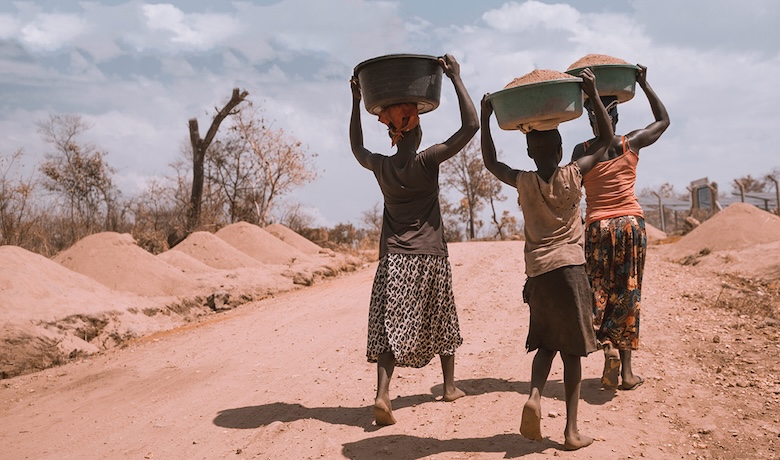









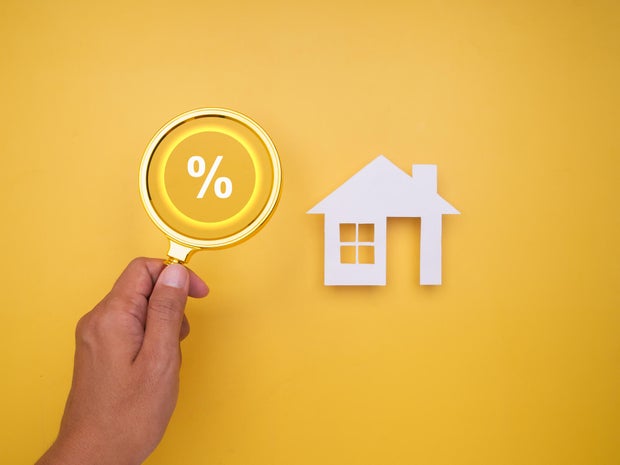






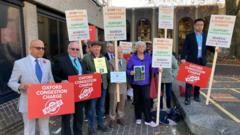












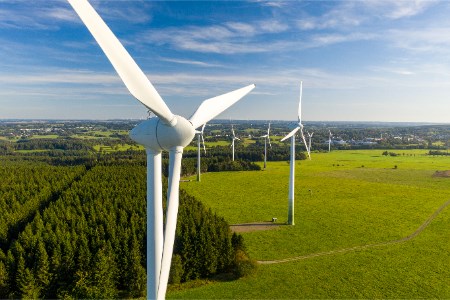

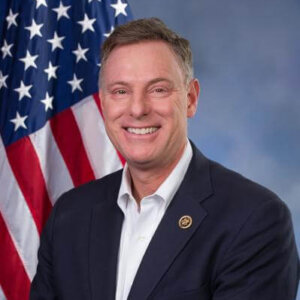

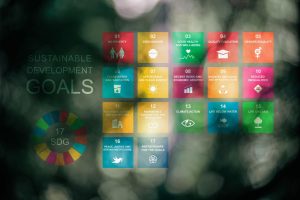

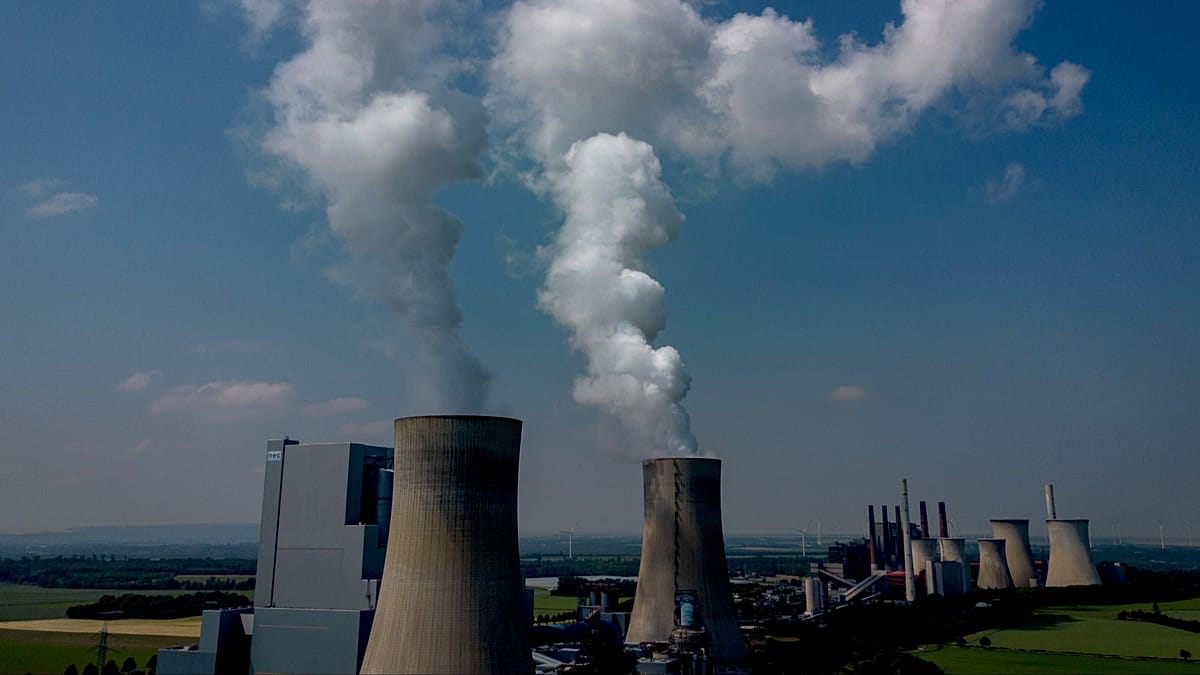



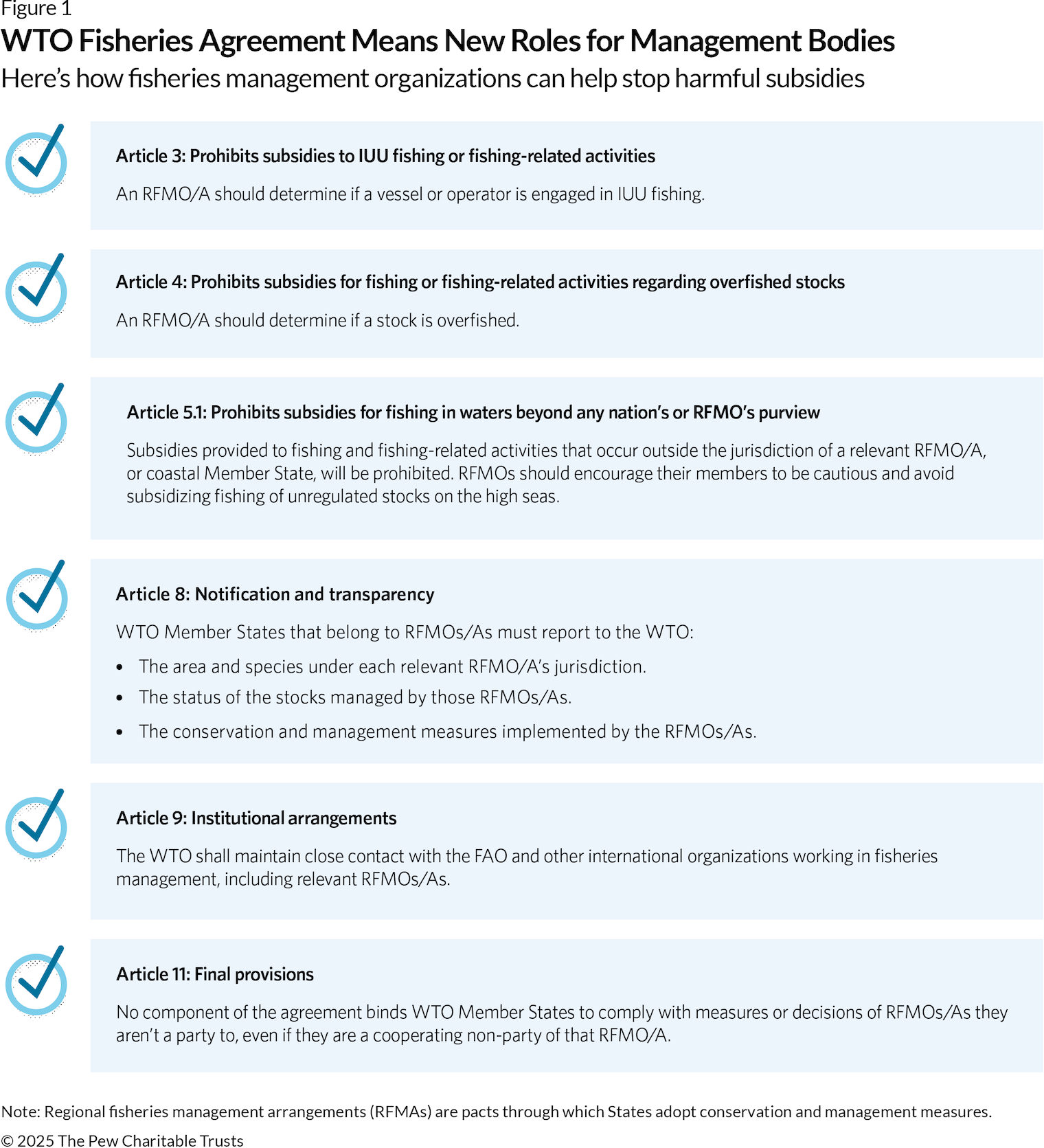




.jpg?h=50da7ea4&itok=DTgFLdpn#)
